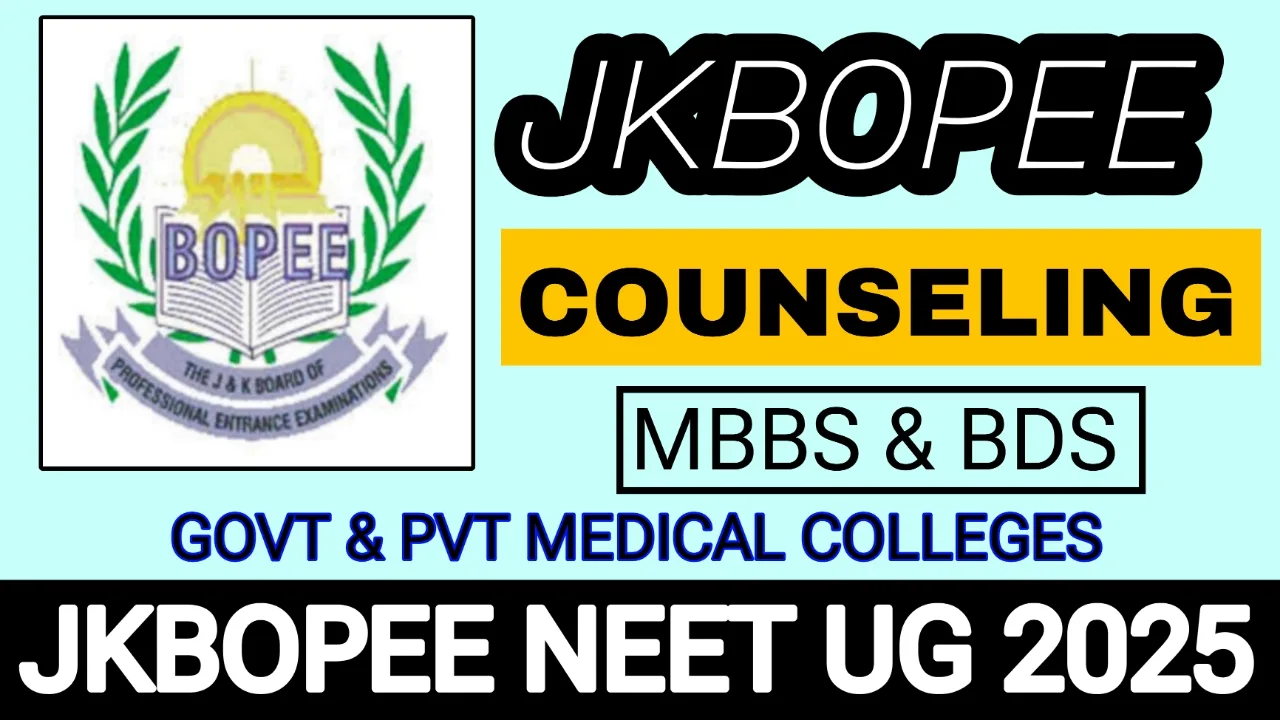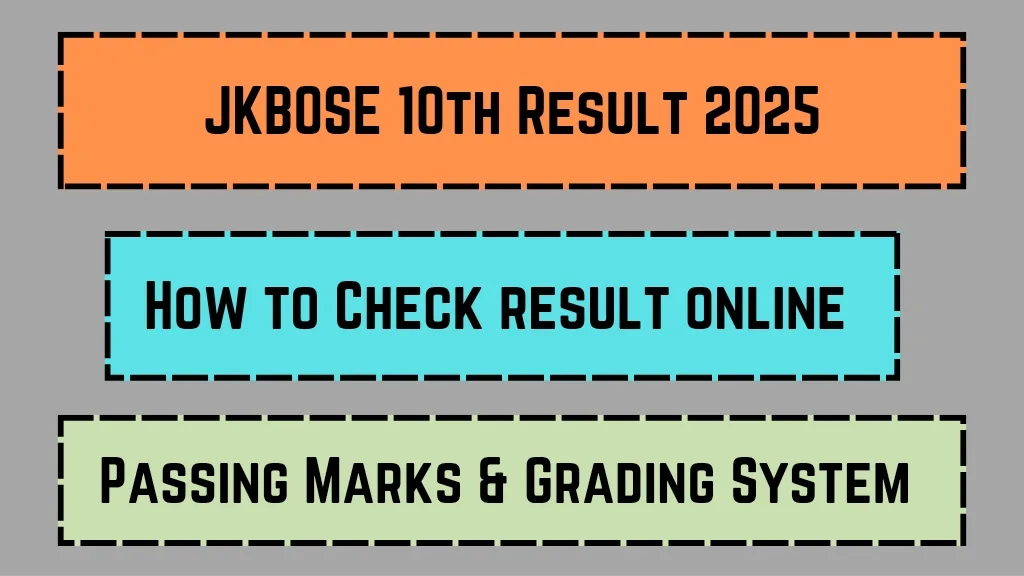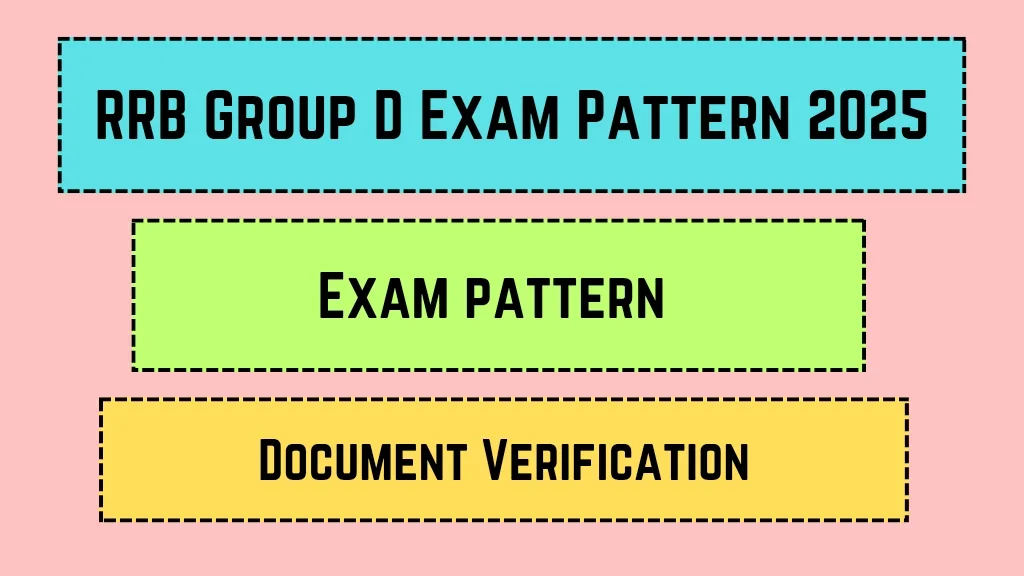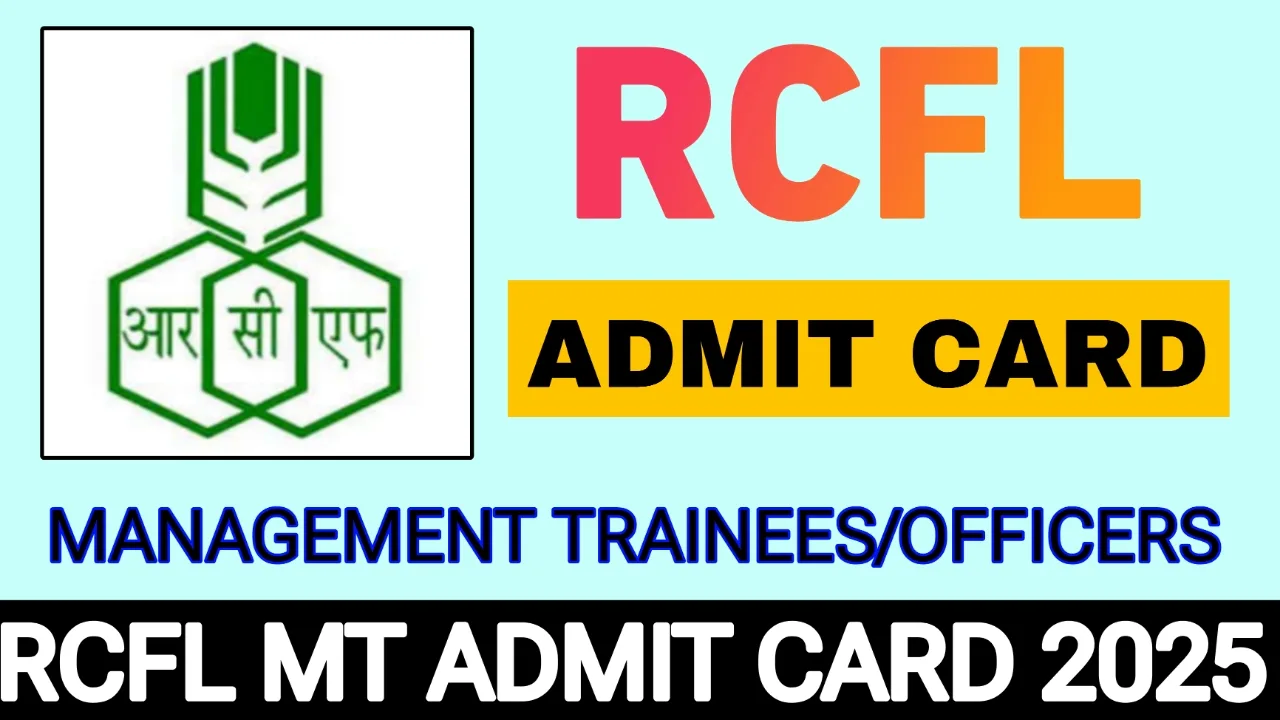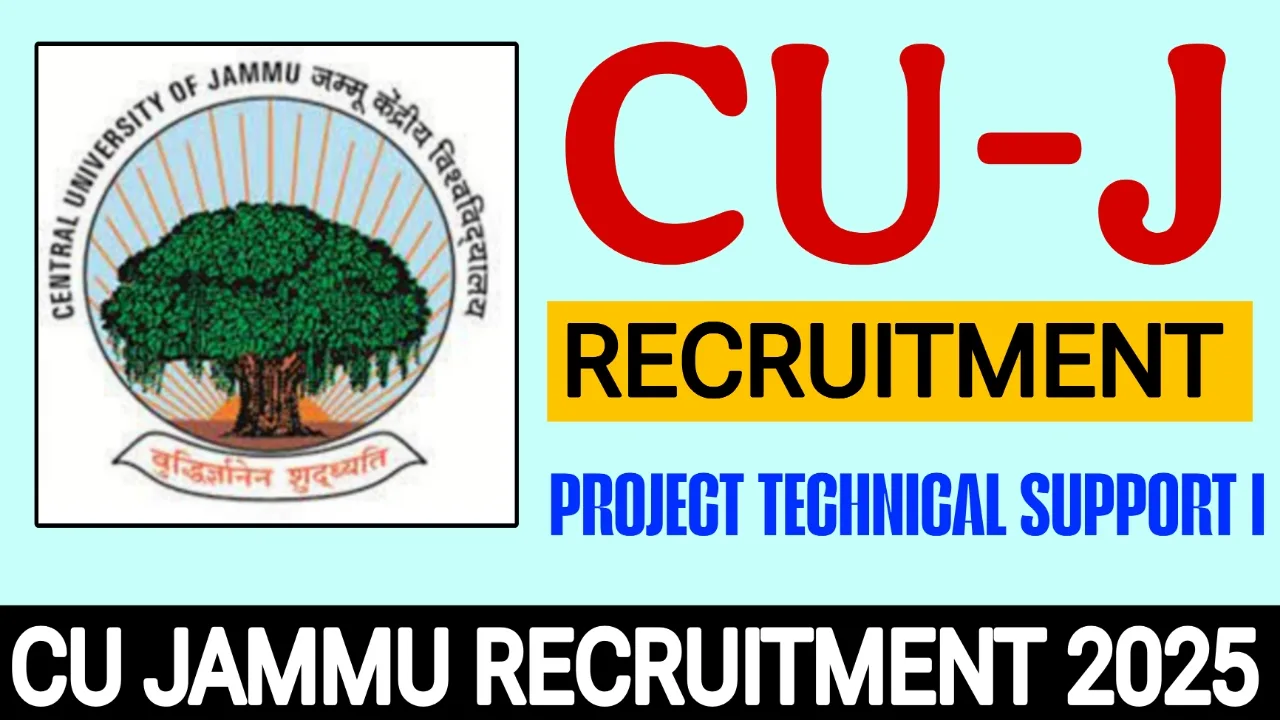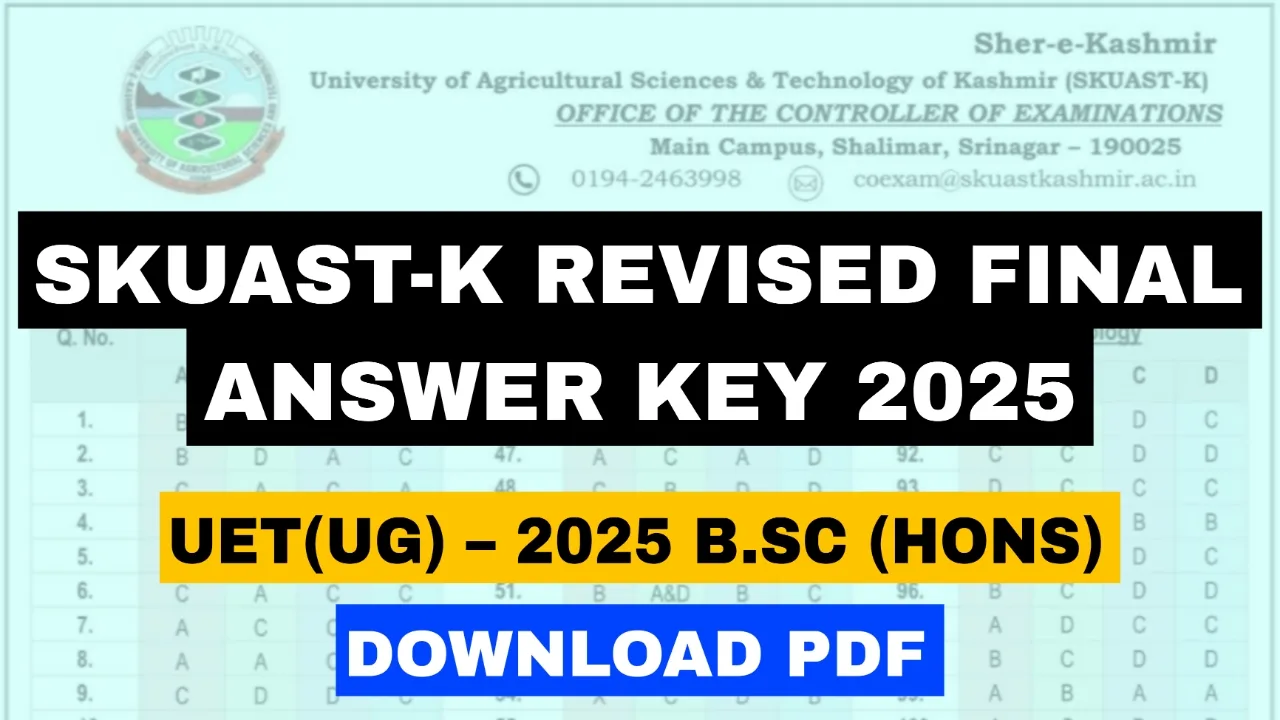The Graduate Aptitude Test in Engineering (GATE) is one of the most competitive exams in India, opening doors to prestigious postgraduate programs and lucrative career opportunities in public sector undertakings (PSUs). With GATE 2025 on the horizon, it’s time to strategize your preparation for both the technical and non-technical sections. Whether you’re a first-time aspirant or a repeat candidate, this guide will help you navigate the exam pattern, syllabus, and preparation tips effectively. Let’s dive in! 🗓
Key Highlights 📌
| Key Point | Details |
|---|---|
| Organization Name | ABC (Conducting Body for GATE 2025) |
| Exam Name | Graduate Aptitude Test in Engineering (GATE) |
| Exam Date | February 2025 (Tentative) |
| Application Start Date | August 2024 (Expected) |
| Last Date to Apply | September 2024 (Tentative) |
| Exam Mode | Online (Computer-Based Test) |
| Sections | Technical (Subject-Specific) + Non-Technical (General Aptitude + Engineering Mathematics) |
| Total Marks | 100 |
| Official Website | gate.iitd.ac.in |
Understanding the GATE 2025 Exam Pattern 🧩
Technical Section
The technical section is the core of the GATE exam, accounting for 70% of the total marks. It focuses on your chosen subject, such as Mechanical Engineering, Computer Science, or Electrical Engineering.
- Weightage: 70 marks
- Topics: Subject-specific concepts, problem-solving, and application-based questions.
- Preparation Tip: Focus on understanding fundamental concepts and practice previous years’ question papers.
Non-Technical Section
The non-technical section comprises two parts: General Aptitude and Engineering Mathematics.
- General Aptitude: 15 marks (Verbal Ability + Numerical Ability)
- Engineering Mathematics: 15 marks (Common for all streams)
- Preparation Tip: Strengthen your basics in mathematics and practice logical reasoning questions regularly.
Step-by-Step Preparation Strategy 📚
1. Analyze the Syllabus
Start by downloading the official GATE 2025 syllabus from the official website. Break it down into smaller topics and prioritize based on weightage and difficulty level.
2. Create a Study Plan
- Allocate time for each subject, ensuring equal focus on technical and non-technical sections.
- Include daily revision and mock test sessions in your schedule.
3. Focus on Conceptual Clarity
- Use standard textbooks and online resources to build a strong foundation.
- For technical subjects, focus on problem-solving and application-based learning.
4. Practice Mock Tests
- Take full-length mock tests to simulate the exam environment.
- Analyze your performance and work on weak areas.
5. Revise Regularly
- Dedicate the last month to revision and solving previous years’ papers.
- Focus on high-weightage topics and frequently asked questions.
Recommended Resources for GATE 2025 📖
| Resource Type | Details |
|---|---|
| Books | – Technical: Subject-specific standard textbooks (e.g., H.C. Verma for Physics) – Non-Technical: R.S. Aggarwal for General Aptitude |
| Online Platforms | – NPTEL lectures – Unacademy, BYJU’S, and Gradeup for GATE preparation |
| Mock Test Series | – Made Easy – Testbook – ACE Academy |
| Mobile Apps | – GATE Preparation Apps (e.g., Gradeup, Unacademy) |
Time Management Tips ⏰
- Daily Study Hours: Aim for 6-8 hours of focused study daily.
- Weekly Goals: Set achievable weekly targets to cover the syllabus systematically.
- Mock Tests: Take at least one mock test every weekend to track your progress.
Common Mistakes to Avoid ❌
- Ignoring the Non-Technical Section: Many aspirants focus solely on technical subjects, neglecting General Aptitude and Engineering Mathematics.
- Overloading with Resources: Stick to a few trusted resources instead of juggling multiple books and platforms.
- Skipping Mock Tests: Mock tests are crucial for improving speed and accuracy. Don’t skip them!
Final Thoughts 🌟
Preparing for GATE 2025 requires a balanced approach, covering both technical and non-technical sections. By following a structured study plan, practicing regularly, and staying consistent, you can crack the exam with flying colors. Remember, consistency is key! 🎯
Good luck with your preparation! 🌈

